The Need for a Social Contract during SARS-CoV-2
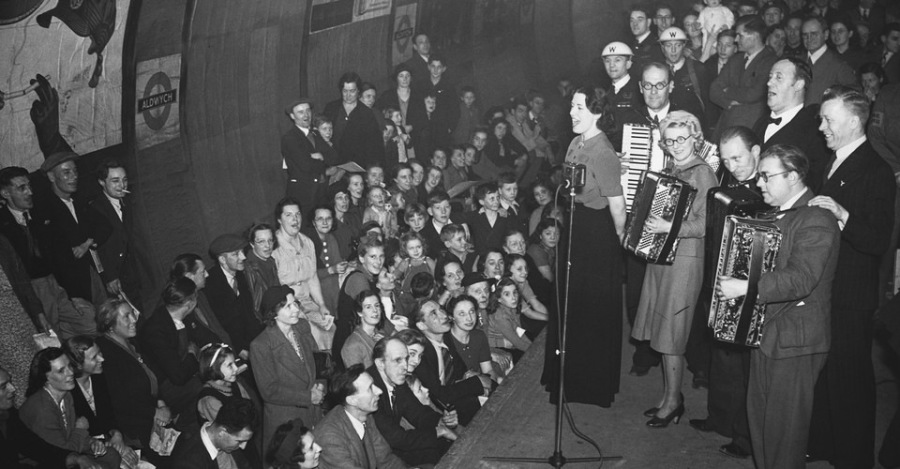
It’s generally well accepted that the key reason why Great Britain prevailed during World War Two was because of how its citizens came together during the eight month Blitz which started on September 7, 1940. Of course, Prime Minister Winston Churchill’s extraordinary leadership throughout the war, coupled with President Roosevelt’s grasp of what was at stake, cannot be ignored. However, it was the unity and resolution of purpose of British citizens during the Blitz, and the sacrifices made during the entire war, that so demonstrated what British historian Juliet Gardiner has called a “social contract.” (From her book The Blitz: The British Under Attack)
This social contract was not verbalized or written into some form of document. Rather, it was embedded into how people spoke and interacted, forged into an impenetrable hardness during the eight months that the German Luftwaffe pounded cities in England and Wales. The first bombing raid killed 436 people, and seriously wounded 1,600. The subsequent 57 nights saw incessant bombing by Germany. By the end of the Blitz, some 40,000 people were killed, and millions of others were profoundly affected. The physical damage was catastrophic. (Above photo—sheltering in a London “Tube”)
So what does the Blitz of 1940 have to do with SARS-CoV-2 and the illness Covid-19?
Nothing—and everything.
Consider this closing paragraph of Gardiner’s book:
“If the blitz reconfigured Britain’s cityscapes, how much did it reorder people’s attitudes and expectations? To what extent did the acute threat posed by an external enemy weld the British people into a seamless unity? Did bombs break down the stark divisions and class barriers of the pre-war years? Did a more altruistic society emerge from the ruins? In short, how much was the blitz a laboratory, a forcing house for change? And was that change sustained? Did it light a candle that would flicker into the post-war years, lighting the years of austerity with resolution for reform?”
History offers, for free, lessons from which to adjust our behaviours and actions to current, vexing problems. Our challenge is to see the parallels and nuances so that we are able to create a better future.
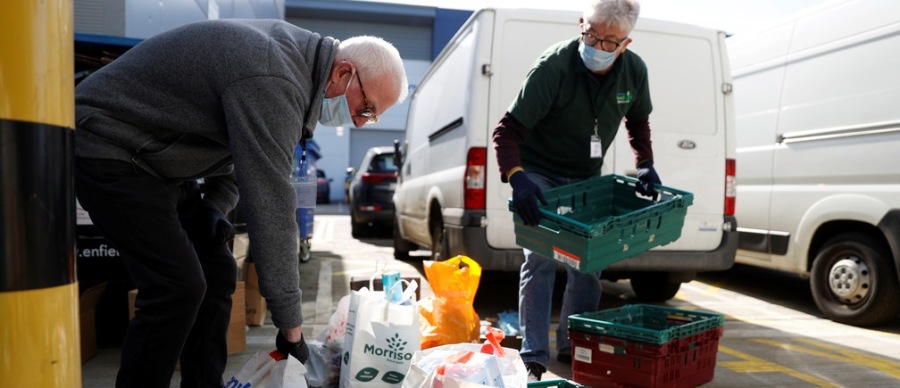
SARS-CoV-2 in its short life to date has both wreaked havoc around the world on people’s health and on the global economy. Incredible stories of human generosity and spirit have sprung forth, and the private sector has stepped up to the plate in such areas as accelerated vaccine development, protective medical gear manufacturing, and donating to needy causes.
Governments, unfortunately, have shown a wide diversity of competence and pro-activeness. And politics in some countries has overridden the goal of public health protection. For example, the wearing of masks has unfortunately become the symbol of government oppression by some individuals.
Where is the common good, the coming together of all peoples, regardless of country, to fight a common enemy? The irony is that during past wars nations fought one another, aligning under ideologies. With SARS-CoV-2, there is no ideological–just a rampant, highly contagious infectious disease.
In his remarkable book The Great Influenza: The Story of the Deadliest Pandemic John M. Barry provides examples of how Americans so quickly and effectively focused their contributions to their country’s war effort.
For example, to support the American Red Cross’ response to the Federal Food Administration’s request for fruit pits (peaches, prunes, dates, etc.) to extract carbon for gas masks, people began buying and eating them in vast quantities. Restaurants and confectioners ordered huge quantities. As the FDA stated: “…every American man, woman or child who has a relative or friend in the Army should consider it a matter of personal obligation to provide enough carbon making material for his gas mask.”
What is sadly lacking during the 2020 SARS-CoV-2 pandemic is a social contract, one that would bind people together around the globe to fight a common enemy. Our future depends on such a social contract.
Take a moment to reflect on what we, as a society, are learning so far, and what could eventually emerge once the virus and pandemic are controlled? JT
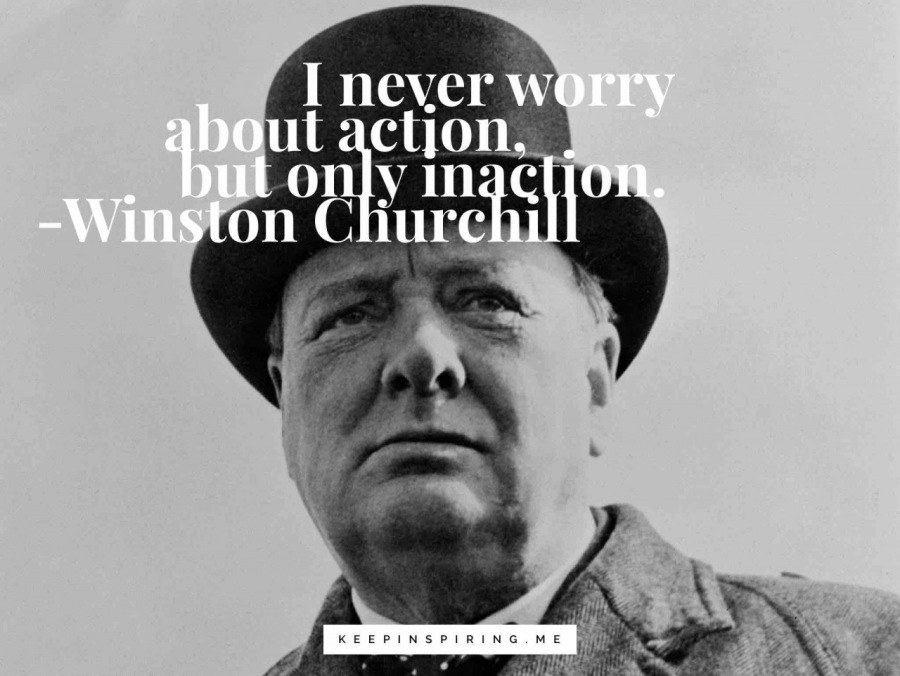
Articles from Jim Taggart
View blog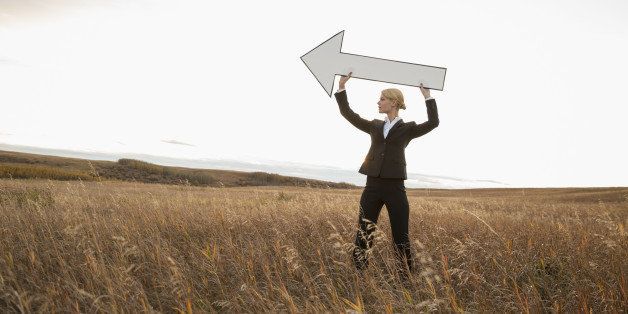
Your faithful correspondent has been a long-time proponent of self-empowerment, writing extensively ...
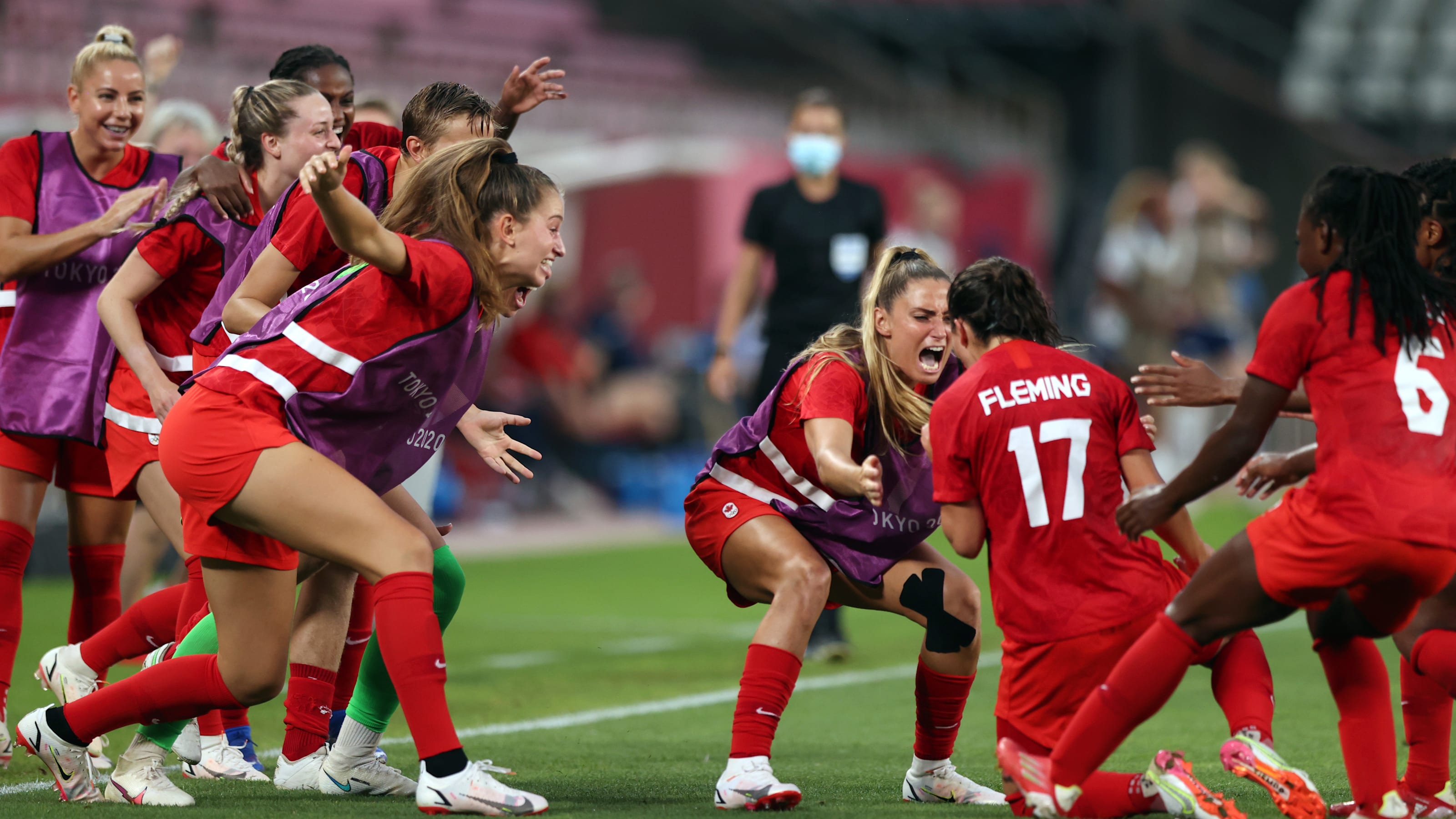
Today, we’ll look at the four stages of team development and incorporate the four team player styles ...
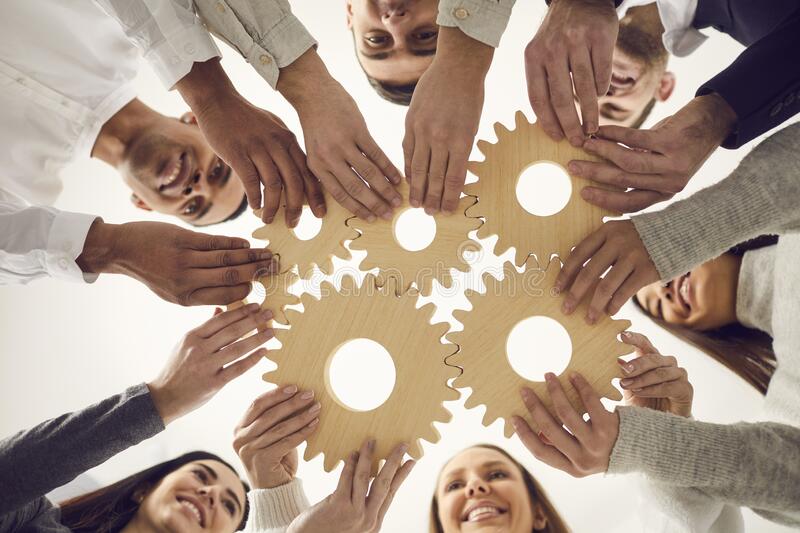
In my last post we looked at The Five Levels of Teams: Where Are You on the Team Performance Curve? ...
Related professionals
You may be interested in these jobs
-
Research Associate
15 hours ago
Direct apply
Queen's University Kingston, CanadaAbout Queen's University · Queen's University is the Canadian research intensive university with a transformative student learning experience. Here the employment experience is as diverse as it is interesting. We have opportunities in multiple areas of globally recognized researc ...
-

Accounting Clerk
15 hours ago
Direct apply
Willowbrook Nurseries Inc. Fenwick, Canada**ACCOUNTING CLERK** · Duties and Responsibilities: · - Performing full cycle bookkeeping processes (A/P, A/R, Bank reconciliations etc.) · - Preparing monthly statements, including trial balances cash flow, profit and loss statements and balance sheets · - Processing payroll and ...
-
cook
11 hours ago
Kasai Teppanyaki Steak & Sushi House Ltd Kelowna, CanadaEducation: · Expérience: · Education · Secondary (high) school graduation certificate · Tasks · Prepare and cook complete meals or individual dishes and foods · Inspect kitchens and food service areas · Train staff in preparation, cooking and handling of food · Clean kitchen an ...



Comments
Jim Taggart
3 years ago #3
Society has become so self-serving and narcissistic that efforts to not only address SARS-CoV-2 but the next pandemic have been thwarted to a large extent. So the anti-maskers, anto-vaxxers and other selfish fools out there are only helping take down the economy and placing huge burdens and costs on the healthcare system. We get what we deserve as a human race. Wait till, for example, H5N1 finds a way to transmit human to human, not just bird to human. Then the fun begins. Great population control measure.
Joyce 🐝 Bowen Brand Ambassador @ beBee
3 years ago #2
John Rylance
3 years ago #1